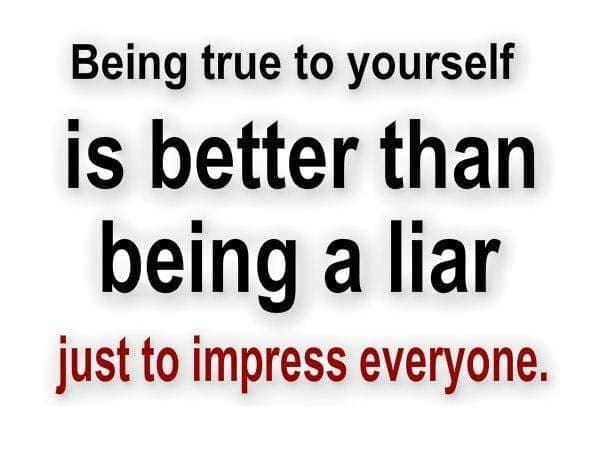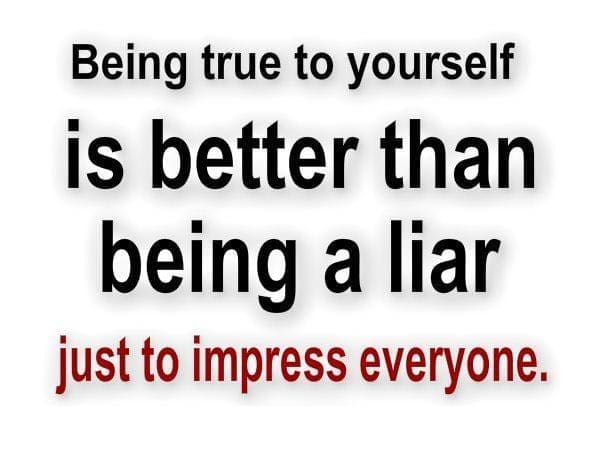
[pullquote_right][quote]“This above all: to thine own self be true, and it must follow, as the night the day, thou canst not then be false to any man.” – Shakespeare [/quote][/pullquote_right]
Being true to oneself can be a Herculean task, and in the cycle of life we are condemned to repeat the lessons we refuse to learn.
Celebrated African-American writer, the late James Baldwin, asserted, “You cannot fix what you will not face. Throughout our lifetime, we are exposed to myriad beliefs and suggestions from a wide cross-section of people – our parents, teachers, friends, co-workers, society and the media. And to a great extent our concept of love, money, the world, God, our talents and abilities, is fashioned by sources outside of ourselves. But, in our evolution towards becoming authentic beings, we are forced to discard the limiting ideas gathered from external influences.”
This was the topic of discussion this week among a lively group of fiends, who lamented the unwarranted ridicule, pessimism and viciousness one is subjected to by people who do not share or understand one’s worldview or the vision one has for oneself. Life is a struggle for basic rights such as tolerance, they concluded, which should come as naturally and easily as the air one breathes. It is a temptation to buy into other people’s reality, all agreed, if only to keep up some semblance of peace.
With my penchant for mischievousness, and negotiating another reality, I referred my baffled friends to Cervantes’ eccentric character, the chivalrous Don Quixote, who ignored social conventions and suffered a multitude of adventures and misadventures in trying to remain faithful to his image of the world.
In the midst of his vague triumphs, my indomitable knight of yore was trampled by pigs, mocked and mimicked by friends, foes and strangers, and even beaten senseless by mule-drivers. However, bruised and battered, he valiantly plodded on, fighting windmills that he perceived to be giants, determined to be true to himself and to make a sterling contribution to his country. “Profound madness,” his detractors raved, hoping to dim the light in his eyes and his heart. They are the insane ones, Quixote mused. He understood, at a soul level, that people who do not stand for something would fall for anything.
His tragic-comic saga tells us that giving oneself permission to grow might demand rising above many of the misconceptions and rigid beliefs we once stubbornly cherished, to a more enlightened and optimistic slant on life. Invariably, this also entails dismissing the limiting attitude that other people entertain about us. “If they cannot die for you, why should they expect to live for you,” is an adage the old folks preached. For while we are interdependent as human beings and can give in a positive way to each other’s development, there is a popular perception, human nature some call it, that the spiritual, economic and social progress of another will in some way diminish our own.
One of the most lethal tools we use to enforce this fallacy is that love is about restriction, as we attempt to confine people in our orbit to a space that we find comfortable and safe. I have discovered over time that true love really is about freedom and is manifested when we resolve not to control, manipulate or limit each other’s innate need of self-expression, spiritual gratification, interaction with others, celebration of life, work and creativity, or any other aspect of our personalities that truly defines and edifices us.
Metaphysicians teach that our sole – perhaps that should be soul – mission on this planet is to learn to love. This love, they sagely tell, must start with self and then extend to the wider society, the premise being that the good one desires for oneself will translate itself into the common good.
Being true to oneself is the beginning of the process.


Be the first to comment